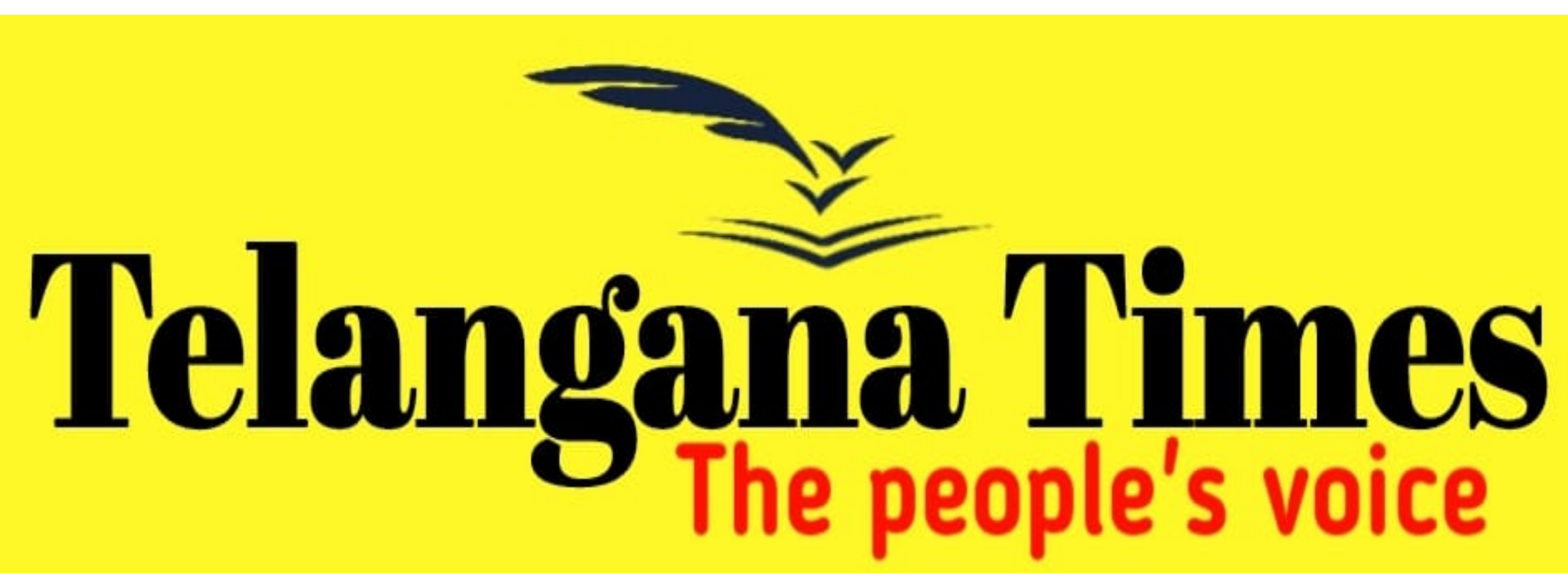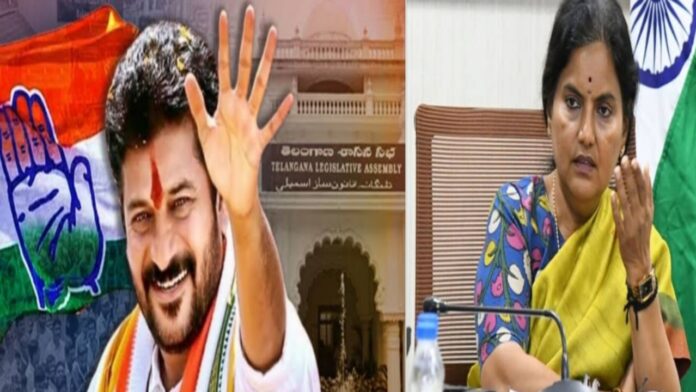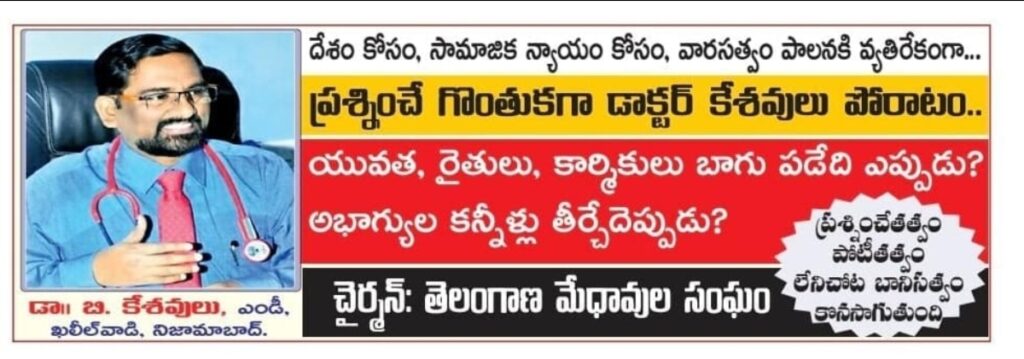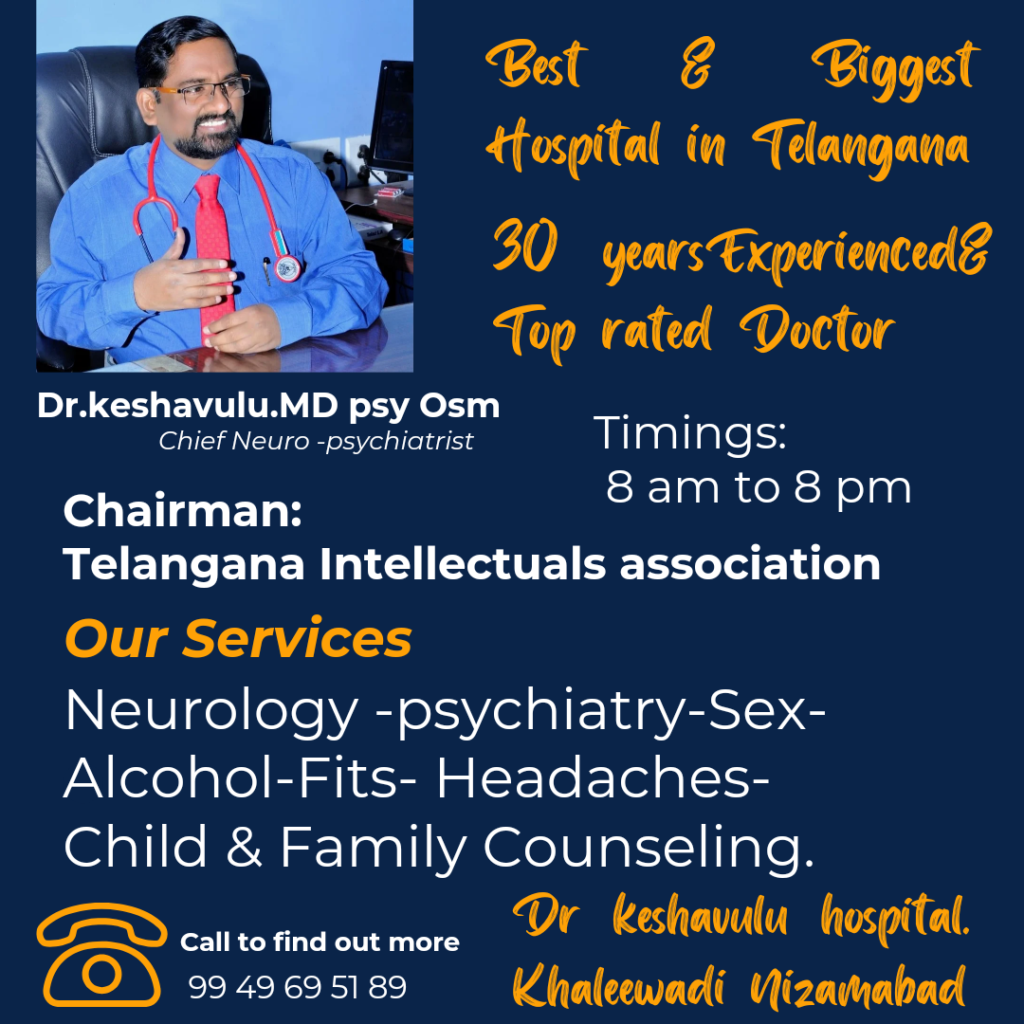After the government led by Telangana Chief Minister Revanth Reddy came to power, it announced several projects indicating a new direction for development. However, the implementation of these projects has become controversial in many aspects. Revanth, who earned a reputation as a dynamic and clear leader as a people’s representative, has taken several key decisions as Chief Minister. Yet, administrative failures in executing those decisions have become evident. From loan waivers to the recent HCU land dispute, Revanth has boldly moved forward with a focus on future generations rather than personal prestige.
While Telangana society and sincere intellectuals have understood the importance of these prestigious projects, it is unfortunate that the government has failed to win over the people directly affected by these projects. The reasons for this include not only the failure of officials to properly communicate and convince the public but also the inability to counter the misinformation being spread on social media platforms.
CM Revanth Reddy considered four major projects as highly prestigious. However, all four have hit roadblocks in some form or the other:
- Kodangal Pharma City Project…
In Revanth’s own constituency of Kodangal, the government decided to acquire about 1100 acres of land across three villages for a Pharma City project. The land acquisition process faced immediate and severe opposition from farmers. In a village meeting in Lagacherla, locals and farmers attacked District Collector Prateek Jain out of anger, making national headlines. The government’s failure to handle the issue properly, issuing notifications without prior consultations or explaining fair compensation packages, escalated the controversy. The High Court’s intervention has currently halted the land acquisition process.
- Musi River Beautification Project…
Another major project taken up by Revanth’s government is the development of the Musi River. The plan included removing encroachments along 57 kilometers of riverbanks. In the first phase, 250 houses were demolished, triggering protests from residents. Opposition parties like BRS and BJP jumped into the fray, intensifying the agitation. The government’s major misstep here was the lack of prior communication and failure to explain alternative housing plans. The High Court responded strongly, ordering a stay on demolitions and instructed the government to proceed only after consultations with residents. With few people accepting the government’s double-bedroom housing offer, the project has effectively come to a halt.
- HMDA Demolition Drive…
The HMDA officials began an aggressive drive against illegal constructions in Hyderabad. However, they carried out demolitions within 24 hours of issuing notices, mainly targeting small houses of the poor while ignoring large illegal structures. This drew the High Court’s attention, which questioned, “Why is HMDA demolishing poor people’s houses but ignoring illegal constructions by the wealthy?” This led to a decline in public trust and a slowdown in the demolition drive.
- HCU Land Dispute…
The government attempted to initiate development activities on about 400 acres within the Hyderabad Central University (HCU) premises. This drew sharp reactions from students, faculty, and staff who have long considered the land part of the university. Environmentalists also raised concerns about the ecological damage, given the presence of thousands of trees and biodiversity in the area. The government had the opportunity to consult stakeholders in advance and explore environmentally friendly options. However, due to hasty decisions, the matter reached the courts, where the government faced harsh criticism.
Opposition’s Strategy…
Opposition parties — mainly BRS and BJP — are portraying these issues as administrative failures, attempting to stir public discontent. Politically, this has increased pressure on the government. However, it is important to note that the roots of these controversies lie in the government’s own missteps — especially in making decisions without proper communication or consultation with the people.
Public Participation Is Key…
“Development is not just about constructing buildings. It is a process that enhances people’s quality of life. No decision can be sustainable if it is taken without considering people’s emotions, opinions, and needs. Only when administrators move forward with care, knowledge, and public consultation will true development be achieved. Every development project must include public participation. Only by earning people’s trust can governance succeed. Otherwise, even with power, development will always face roadblocks !
Dr. B. Keshavulu, M.D. (Psychiatry).Osm.
Chairman: Telangana Intellectuals Association
Ph: 85010 61659








